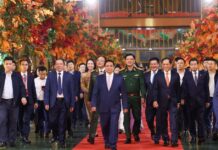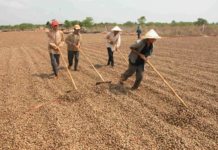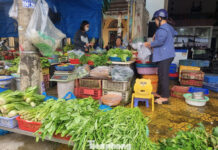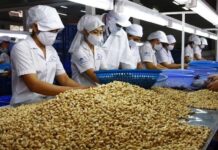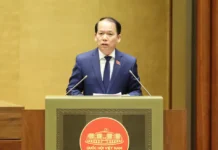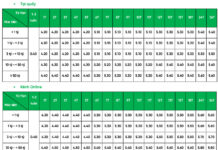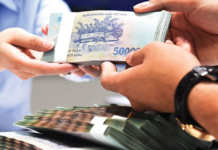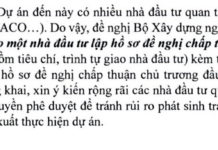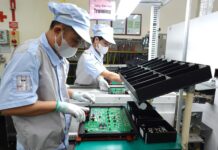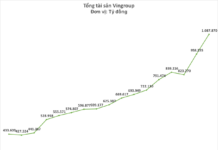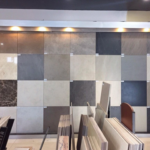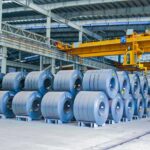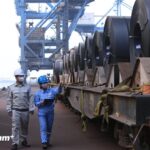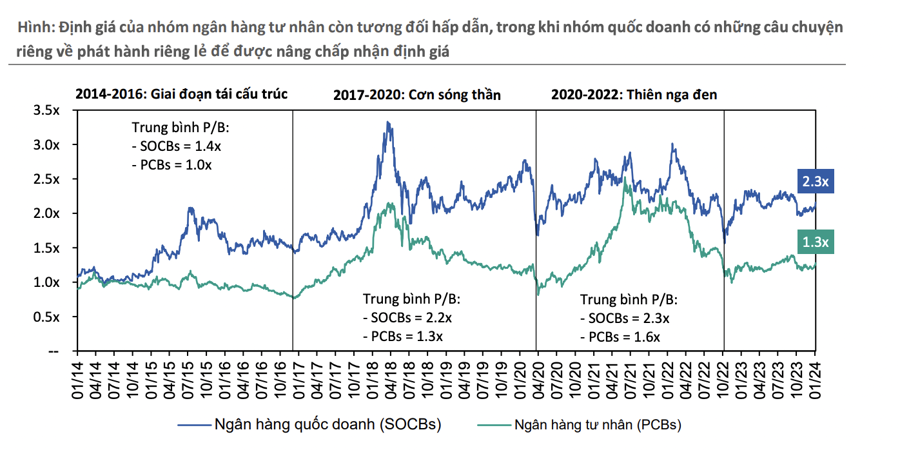According to the Trade Defense Agency under the Ministry of Industry and Trade, the European Commission (EC) has initiated an anti-dumping investigation into cold-rolled steel products imported from India, Japan, Taiwan, Turkey, and Vietnam into the European Union.
This investigation was launched at the request of the European Steel Association (EUROFER) to protect the region’s steel industry from the influx of low-cost steel from these countries.
The Trade Defense Agency specifies that the products under investigation are cold-rolled steel coils, excluding stainless steel, coated steel, and colored steel.
The anti-dumping investigation period is set from July 1, 2024, to June 30, 2025, while the injury examination period spans from January 1, 2022, to June 30, 2025.
The case is expected to conclude within 12 months from the initiation date, with a possible extension of up to 14 months.
The EC’s notification outlines allegations of dumping, injury, causal links, and claims of input price manipulation. It also details the investigation procedures and the rights and obligations of involved parties. Participating companies must use the EC’s TRON electronic system to submit and receive documents within the specified deadlines.
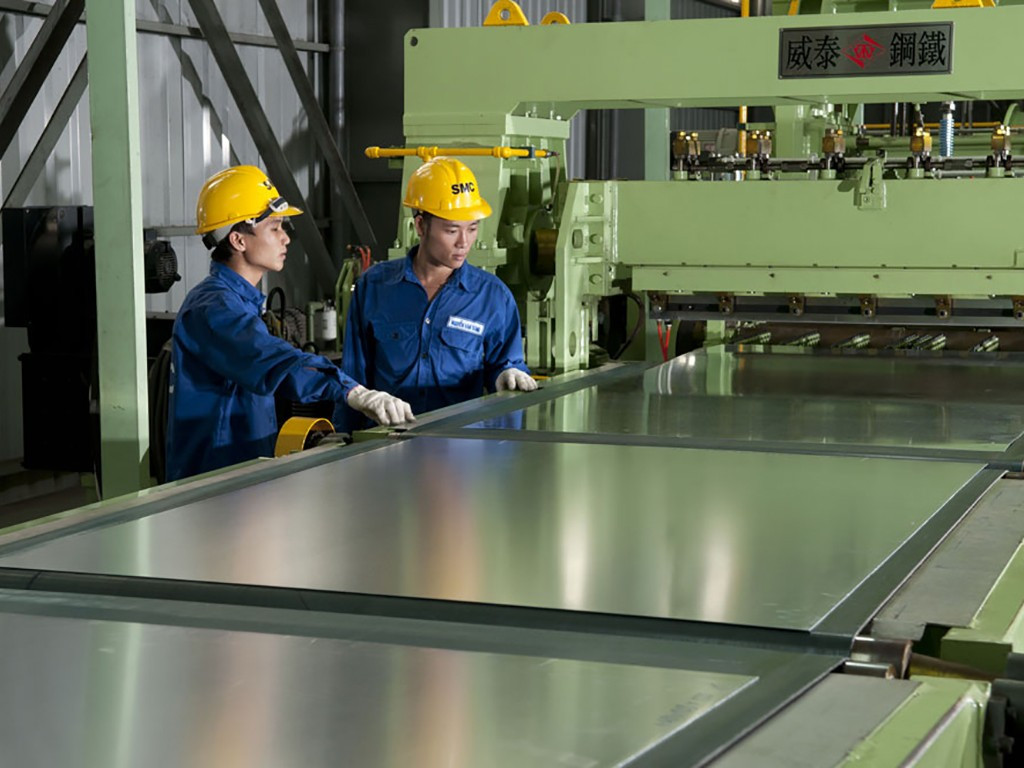
The EU launches an investigation into cold-rolled steel imports from Vietnam.
The Ministry of Industry and Trade warns that this investigation could directly impact Vietnamese exporters. The Trade Defense Agency urges the Vietnam Steel Association and steel producers and exporters to thoroughly study the case, cooperate fully with the EC, and provide information in the required format and within the deadlines. The agency pledges to support businesses throughout the investigation process.
The Trade Defense Agency also highlights that many markets are intensifying trade defense measures. Several Vietnamese products are at risk of being investigated or subject to trade defense measures and circumvention of such measures.
For instance, Vietnamese wood products, plywood, sofas, and bedroom furniture have seen rapid growth, with market shares surpassing many competitors. This growth has prompted the U.S. to initiate additional cases, alleging that Vietnamese goods could harm domestic production.
The agency advises Vietnamese businesses to avoid using major components manufactured in China for processing, assembling, and exporting products to the U.S.
In Australia, Vietnam’s hot-rolled steel shapes have surged by over 400%, capturing 24.4% of total imports—a significant market share. Hollow structural steel has also seen rapid growth, potentially prompting protective measures from Australia.
Several Vietnamese industrial and manufacturing materials are also under scrutiny. Float glass exports to the U.S. have increased nearly 40-fold, while exports to India account for 26% of the market share. High-tenacity polyester fibers make up one-third of the EU’s imports. In Indonesia, Vietnamese crushed glass holds over half the market share.
In the manufacturing sector, large washing machines, truck and bus tires, and electric bicycles exported to the U.S. have shown strong growth. Notably, tire exports to the EU reached $155 million, capturing 17.2% of the market—a threshold that could trigger an investigation.
Determined to Remove the EC’s “IUU Yellow Card”
On November 15, in the city of Nha Trang, Khanh Hoa province, the Fisheries Surveillance Department, under the Ministry of Agriculture and Rural Development, chaired a meeting in collaboration with relevant ministries and sectors. The event aimed to provide technical guidance on combatting IUU fishing and prepare for the 5th working session with the EC for 28 coastal provinces and cities.
The European Commission Curbs 15% of HRC Imports from Vietnam: What’s the Impact on Hoa Phat?
The European Commission has recently confirmed that it has all the necessary files to decide whether to initiate an anti-dumping investigation into hot-rolled coil (HRC) imports from Vietnam, including those from HPG and Formosa.


